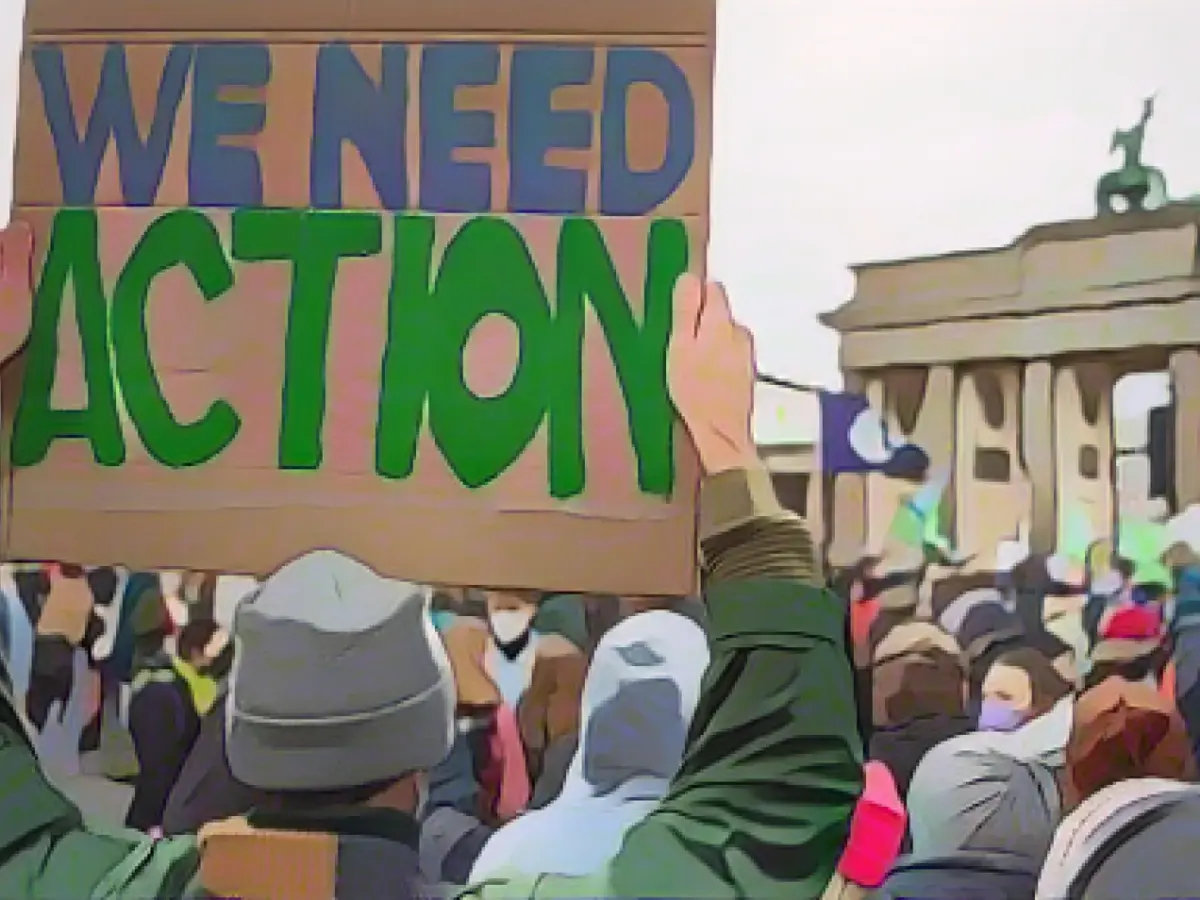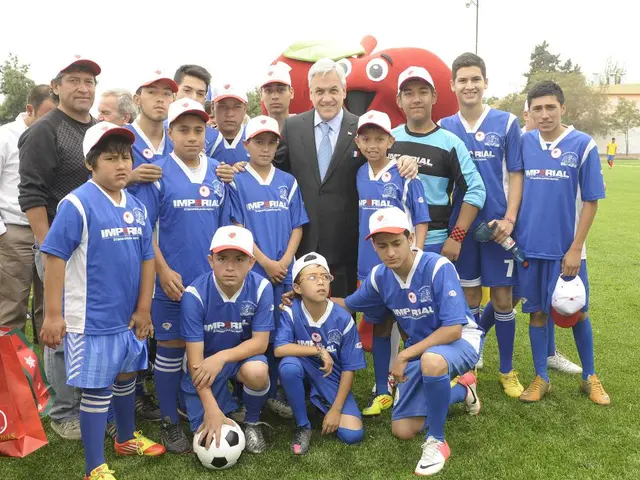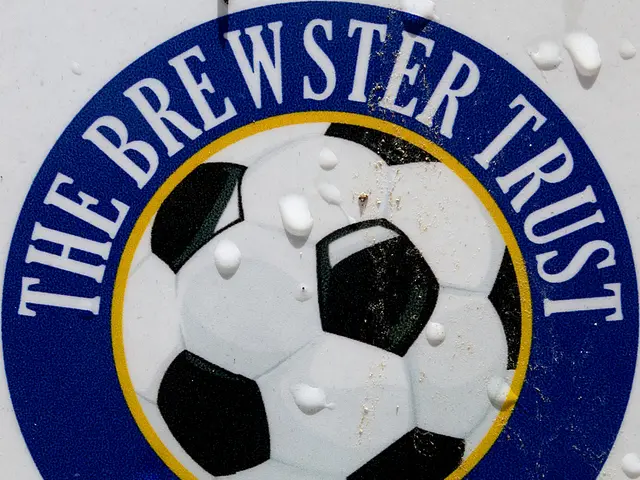Skipping Over Climate Change: The Human Tendency to Ignore a Looming Crisis
It's a typical human instinct to put off dealing with unpleasant matters, whether it's tackling a tax return or a long-overdue dental appointment. Climate change has unfortunately earned itself a spot on this list, as a staggering number of individuals choose to push it aside. With report after report telling us about the harsh realities of global warming, it's hard to understand why some people turn a blind eye.
Dr. Lea Dohm, a psychotherapist and psychologist, sheds some light on this enigma. According to her, humans have a natural tendency to repress themselves to focus on their daily lives. Even mentally healthy individuals repress some aspect of their lives. Repression becomes particularly strong when dealing with high-stress topics like climate change.
Dohm is a member of the German Alliance for Climate Change and Health and serves as the co-founder of the Psychologists for Future association. She explains that, when it comes to climate-related issues, repression works as a fairly reliable method for the average person. "By avoiding certain news items or perhaps certain people who keep discussing it, you can successfully block climate change out of your daily life," she said.
Less Stable Defense Mechanisms in Children and Youth
However, children and young people have less stable psychological defenses. This is primarily due to their biological nature, making them more susceptible to the negative effects of the ongoing climate crisis. This can result in feelings of heightened stress and anxiety, as they realize that they will have to cope with the consequences for a longer period.
However, not everyone is satisfied with avoiding the climate crisis. A recent study published by the Federal Ministry for the Environment and the Federal Environment Agency (Uba) revealed that 57% of participants rate climate protection and the environment as "very important." 85% of the respondents also reported experiencing strong to very strong effects of climate change, such as persistent dryness, low water levels, and droughts.
Recognizing the Need for Action
While people may not have a clear path forward, Dohm points out that knowledge about the climate crisis is easier to digest with the perception that there is something that can be done to make a difference. Goals can be set and changes can be made in day-to-day life that can help alleviate the detrimental effects of global warming.
Michael Bilharz, a consumer researcher responsible for Uba's CO2 calculator, agrees with Dohm. He believes that individuals have a responsibility to take action. The so-called "big points" for reducing one's carbon footprint, such as energy consumption, transportation, and diet, have the most significant impact on the environment and require focused action.
Eco-Friendly Choices Save Money
Changing one's behaviors may seem costly, but Biharz argues that it can actually be quite beneficial financially. Simple steps like downsizing an apartment, opting for a smaller vehicle, or reducing air travel can have a significant environmental impact and can also save money in the long run.
It's important to note that everyone has unique circumstances, and chronicling small changes, like purchasing a bamboo toothbrush, may be a source of satisfaction. However, it's crucial not to overlook the larger issues and commit to long-term, climate-friendly lifestyle choices.
Read Also
Enrichment Data
People often avoid engaging with climate change due to a combination of psychological, social, and political factors. Here's more information on why this happens and how we can address it:
Reasons for Avoidance
- Lack of Awareness: People may have limited knowledge of climate change, making them less motivated to adapt and adopt resilient behaviors.
- Psychological Biases: Common psychological biases like the "Ostrich Effect" (ignoring information about climate change) and "Normalcy Bias" (underestimating risks) can make people less likely to take action.
- Risk Perception: People may underestimate the risks and consequences of climate change due to cognitive biases and heuristics.
- Social Norms: If climate-related issues are viewed negatively in one's community, people are less likely to engage.
- Trust Issues: A lack of trust in authorities, climate scientists, and experts can lead to a dismissal of warnings and advice about climate change.
Strategies to Address Climate Change
- Raise Awareness: Utilize methods like climate conversations, visual learning, and community tours to help individuals better understand the impacts of climate change.
- Build Trust: Effective communication from trusted authorities can help build confidence and increase engagement.
- Social Contagion: Influence climate-friendly behaviors through social networks and encourage grassroots projects.
- Community Engagement: Encourage community-based climate projects and engage local communities in decision-making processes.
- Policy Advocacy: Empower individuals to participate in groups advocating for climate-friendly policies, such as carbon pricing and ending fossil fuel subsidies.
- Youth Leadership: Empower young people to lead the charge in environmental movements, promoting sustainable lifestyles and inspiring others.
By acknowledging and addressing these factors, individuals can work together to effectively address climate change.








